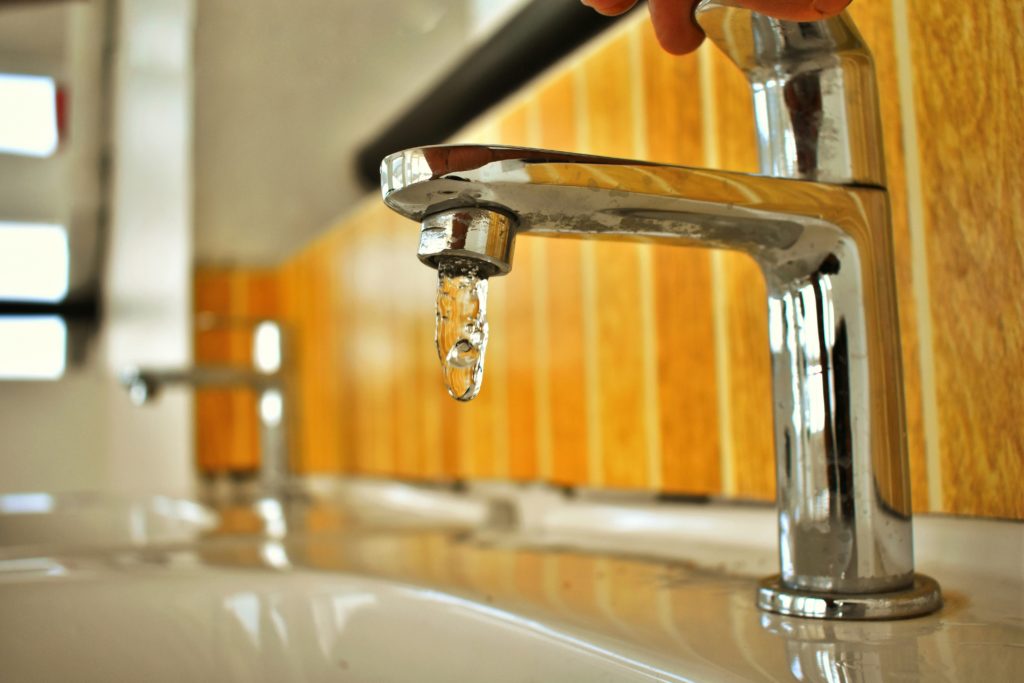
One of the worst things that any homeowner can deal with in the winter is frozen pipes. Taking the proper precautions before the cold weather hits can help you protect your pipes during the winter season. By taking the time to act now, you could save yourself severe plumbing damage to your system down the road. If you do end up having a plumbing emergency on your hands this winter, don’t hesitate to reach out to the 24-hour emergency pipe repair professionals at Avid Plumbing by calling (608) 661-2843!
When Do Pipes Freeze?
When outdoor temperatures reach 32 degrees Fahrenheit, your pipes can start freezing. In Wisconsin, winters can be exceptionally brutal, making it critically important for homeowners to take the extra steps needed to keep their pipes from freezing. If you live in a home where pipes are located in the attic, basement, or crawl space, your pipes are more likely to freeze since they are positioned in less-insulated areas. Pay special attention to these pipes when preparing for the season ahead.
5 Ways To Keep Your Pipes From Freezing
The following five tips can help you keep your pipes from freezing in the cold months ahead:
Open Your Cabinets
At night or if you’re planning to leave for an extended period of time, leave your cabinet doors open under your kitchen and bathroom sinks. This precaution allows the heat from your furnace to circulate around your pipes so they can keep ice from forming in or around them. Doing this also helps protect against pressure buildup within your pipes so they don’t burst.
Let Faucets Drip
Frozen water exerts a lot of pressure on pipes. If this pressure isn’t released, you’ll have a burst pipe on your hands in no time. To prevent this, we recommend leaving your faucet on a slow, steady drip at night or when away from your home. The small amount of friction created from the running water will provide enough heat to keep your pipes from freezing and alleviate pressure buildup within your system.
Manage Your Heat
It might sound like a drain on your wallet to leave your heat running for long periods, but compared to the cost of replacing a burst pipe, it’s the more affordable alternative. Leaving your heat on, even on a low setting, can do wonders to protect your pipes from icing over this winter.
Drain Your Pipes
Especially if you’re planning an extended vacation during the cold months, it’s recommended that you drain your pipes to prevent them from bursting while you’re away. To do this, shut off the main valve and turn on all the faucets in your home, allowing the water to flow out until the pipes run dry.
Add Pipe Insulation
If your pipes are located in the attic, basement, or crawl spaces beneath your home, you may want to consider adding insulation to these areas. Increasing the insulation in these spaces will provide your pipes with the extra protection they need from freezing.
Who Do I Call for Frozen Pipe Services?
If you’re concerned that your pipes have frozen over, it’s imperative that you find a plumbing expert who can provide the fast, reliable solutions you need. Avid Plumbing offers 24-hour emergency pipe repair services throughout the Madison, WI, region, allowing you access to the immediate plumbing solutions you need when you need them most. Contact our team at (608) 661-2843 to schedule pipe repair or replacement in Wisconsin!
Frozen Pipe FAQs
What are the dangers of frozen pipes?
The biggest danger of frozen pipes is that they may burst if left untreated. When water freezes, it expands, causing a tremendous amount of pressure to build up within your system. As the pressure builds, the likelihood that your pipes will burst increases. Burst pipes can result in catastrophic water damage to your home, so it’s strongly recommended that you seek service the moment you suspect a pipe may be frozen.
How do I identify frozen pipes in my home?
If you have a plumbing line located on the inside, you may be able to check to see if the pipe is coated in frost or has an unusual bulge forming within it. If you see the metal on the outside starting to bulge, this is a sign that there’s something seriously wrong with your system. If you can’t visually inspect your pipes, you can still identify whether or not they have frozen by testing the sinks, toilets, and showers around your home. After testing, if you notice the toilets are unable to refill or flush, or if the faucets don’t turn on, you likely have a frozen pipe on your hands.
What do I do if my pipes freeze in the winter?
When you realize you have frozen pipes, the first thing you should do is cut off the water supply to that pipe or the entire house. Fetch a bucket and a mop to prepare for the thawing process — you might have some cleaning up to do! Using space heaters or another warming method, gently heat the pipes’ exterior to thaw the ice inside. If the pipe ends up bursting, contact a professional immediately by calling (608) 661-2843 to schedule emergency pipe repair.
